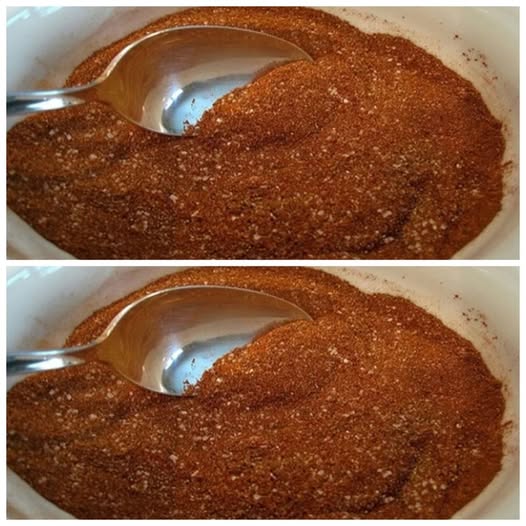Introduction
In the realm of weight management, the spice cumin has emerged as a potential ally in the battle against unwanted pounds. With its warm, earthy flavor and a wealth of potential health benefits, cumin has captured the attention of health enthusiasts and dieters alike. However, the claims surrounding cumin’s weight loss properties have sparked a debate, leaving many questioning its true efficacy.
This blog post aims to delve into the cumin controversy, exploring the science behind its potential weight loss benefits, debunking common misconceptions, and providing practical tips on incorporating cumin into your diet for a healthier lifestyle.
The Science Behind Cumin and Weight Loss
While cumin has been used for centuries in traditional medicine to aid digestion and promote overall well-being, its potential role in weight management is relatively new. Several studies have explored the mechanisms through which cumin may contribute to weight loss:
- Appetite Suppression: Some research suggests that cumin may help suppress appetite by increasing feelings of fullness and satiety. This can lead to reduced calorie intake and potential weight loss.
- Metabolism Boost: Cumin contains compounds that may stimulate metabolism, leading to increased calorie burning and fat oxidation.
- Blood Sugar Regulation: Cumin has been shown to improve insulin sensitivity, which can help regulate blood sugar levels and prevent spikes that can lead to cravings and overeating.
- Anti-Inflammatory Properties: Chronic inflammation is linked to obesity and metabolic disorders. Cumin’s anti-inflammatory properties may help reduce inflammation and improve overall metabolic health.
Debunking the Cumin Myths
While cumin offers several potential benefits for weight management, it’s important to debunk some common misconceptions:
- Cumin as a Magic Bullet: Cumin is not a standalone solution for weight loss. It must be used in conjunction with a balanced diet and regular exercise to achieve sustainable results.
- Excessive Intake: Consuming excessive amounts of cumin may lead to digestive issues or other side effects. It’s important to consume cumin in moderation as part of a well-rounded diet.
- Quick Fixes: Weight loss is a gradual process that requires patience and consistency. Cumin cannot provide overnight results.
Incorporating Cumin into Your Diet
Here are some practical tips on how to incorporate cumin into your diet for a healthier lifestyle:
- Spice Up Your Meals: Add cumin to your favorite dishes, such as curries, stews, soups, and roasted vegetables.
- Cumin Water: Brew cumin water by boiling cumin seeds in water. Let it cool and drink it throughout the day.
- Cumin Tea: Steep cumin seeds in hot water to make a soothing and flavorful tea.
- Cumin Supplements: Consider taking cumin supplements, but consult your doctor before doing so.
Additional Tips for Weight Management
In addition to incorporating cumin into your diet, here are some additional tips for effective weight management:
- Balanced Diet: Focus on a balanced diet rich in fruits, vegetables, whole grains, lean proteins, and healthy fats.
- Portion Control: Be mindful of portion sizes to avoid overeating.
- Regular Exercise: Engage in regular physical activity, such as cardio, strength training, and yoga.
- Hydration: Drink plenty of water throughout the day to stay hydrated.
- Stress Management: Practice stress-reducing techniques like meditation, yoga, or deep breathing.
- Sleep: Aim for 7-8 hours of quality sleep each night.
Conclusion
While cumin holds promise as a potential aid in weight management, it’s crucial to approach it with realistic expectations and a holistic approach to health and wellness. By combining cumin with a balanced diet, regular exercise, and other healthy lifestyle habits, you can embark on a sustainable journey towards your weight loss goals.
